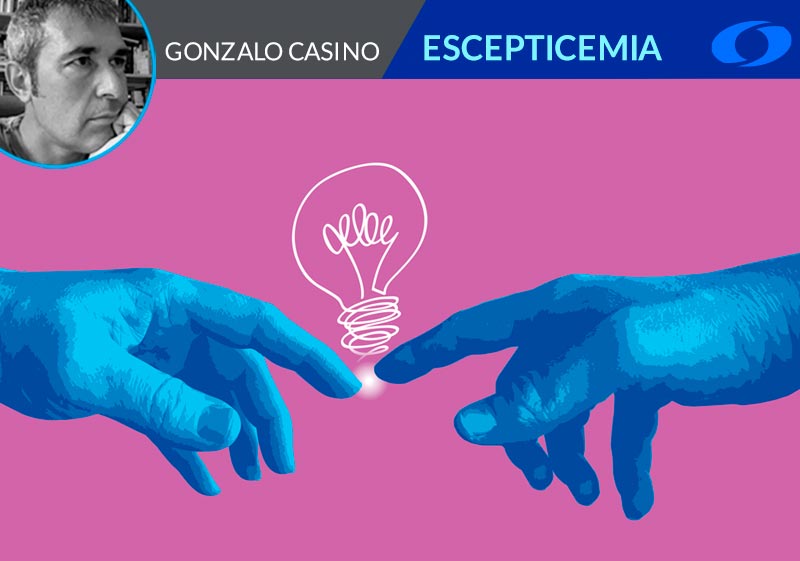About naive faith in science, its manifestations and the problems it causes
Science is having wonderful days, of a splendor that drives many of its followers into adoration, and is very poorly suited to the real scientific situation. The prestige of science is greater among its new adherents than among the most solid and original scholars. While they are aware of the great limitations imposed by scientific knowledge and the harsh demands of rigorous research, a crowd of naïve neophytes and followers confuse science with scientism, believing that everything that appears to be science is science.
This phenomenon the legend And mystery Knowledge has many manifestations. scientism It is, for example, the belief that science can provide answers to questions that elude it, such as predicting economic or social crises, or aspects of human experience that cannot be easily measured, especially mental experiences. It is naive to think that a scanner can do this “read minds” Or that sophisticated dynamic images of the brain show us complex emotions and feelings, such as love or loyalty, and that this allows us to understand them scientifically. In general, it is the use of science outside the fields in which its methods can be applied with guarantees.
Scientism is also common in bad science.
Among the increasingly numerous studies that are useless because they are flawed and unimportant, statistical estimations and other mathematical devices are frequently used without rhyme or reason, inappropriately or when they are not necessary, simply to give them a more scientific appearance. Unnecessary sophistication, which only contributes to hype and bravado, is another characteristic of the scientific attitude of some authors who claim to be scientists without really being. These practices are linked to current pressures “publish or perish” And in academia, they end up inflating the scientism bubble.
Another revealing observation of scientism is the lack of consideration for uncertainty in the results of many investigations. This is evident, for example, when definitive results are taken from a few studies, which are done without sufficient precision and which can also be contradictory. The illusion of believing that these studies provide satisfactory answers, especially when complex issues are involved, is a defining feature of the scientific mindset. It abounds with social science and research on lifestyle and nutritional issues, which is often very complex and leads to marked swings of opinion, such as the role of fat and sugar in health.

“Social media evangelist. Student. Reader. Troublemaker. Typical introvert.”

:quality(85)/cloudfront-us-east-1.images.arcpublishing.com/infobae/TEQF6EONZRFGLLLDIDD4L2O4EE.jpg)

:quality(75)/cloudfront-us-east-1.images.arcpublishing.com/elcomercio/XU32LRAEZFDDPNVHLFU3CKVBYY.jpg)



More Stories
Venezuela ranks fourth in female leadership in science and technology in Latin America
In Portuguesa and Sucre they explore the wonderful world of science
The university court overturns the expulsion of two teachers and a chemical sciences student